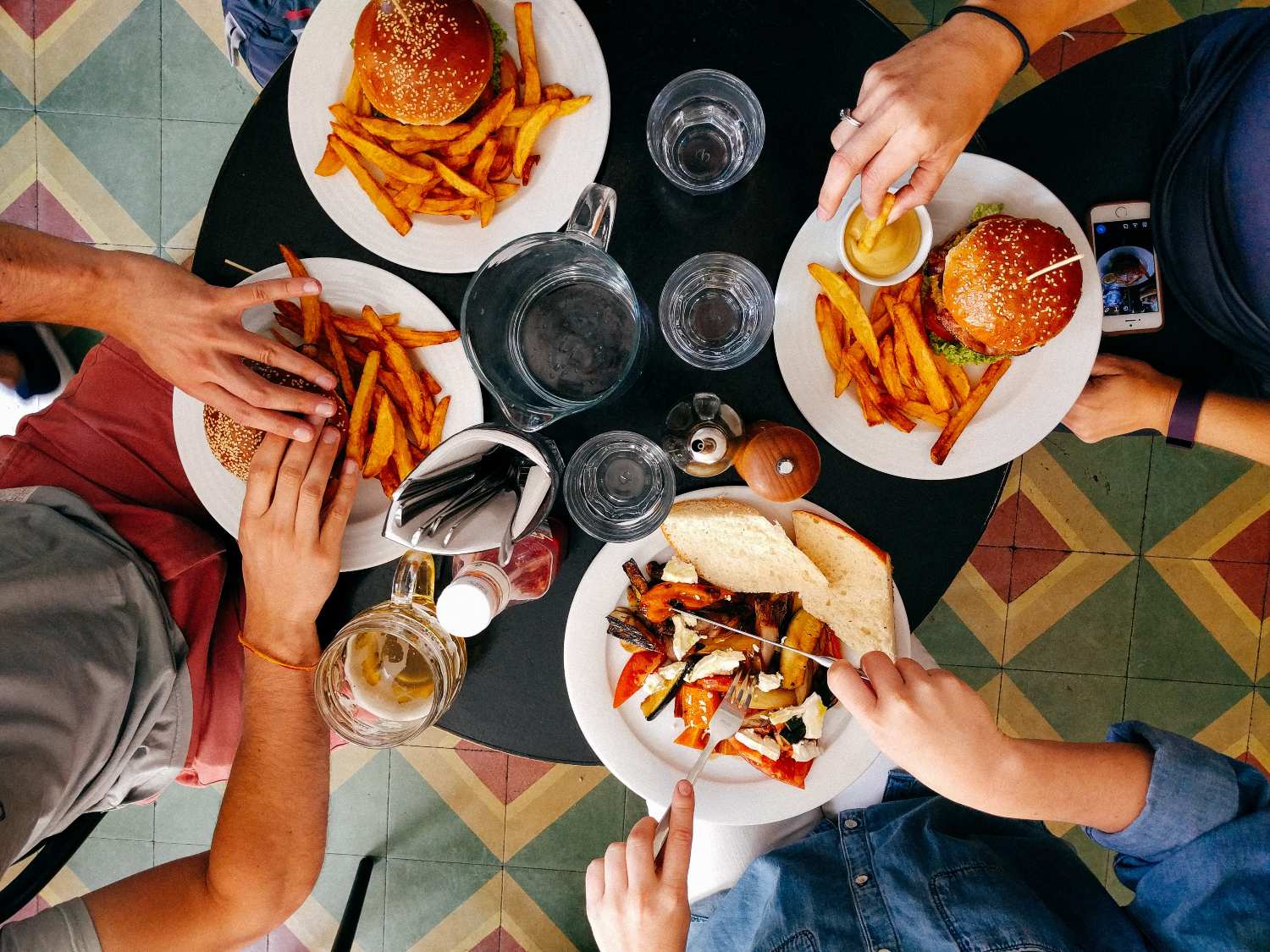Personalisation takes on a new meaning:
Restaurants adapting to the needs of their customers is the newest trend that many restaurants are adopting to make customers feel at home. Personalising your menu means that items can be recommended to specific people based on day, weather, real-time product availability and more for unidentified themselves according to their unique affinity and past purchase history. All of this allows people to have a personalised experience when they are in the restaurant.
What are AI driven-menu boards:
Using this kind of technology, restaurants can personalise recommendations based on current restaurant supply or the time of day. Artificial intelligence (AI) technology can enable personalized menu recommendations based on customer preferences, dietary restrictions, and order history. For example; one particular restaurant is having to accommodate for more people turning vegan and vegetarian, so more items of that variety need to be ordered in so that they can keep up with the volume of orders.
AI-driven menus are effective as they do more than one job at once. AI can predict what someone would like to have using the information from their previous orders which gives restaurants an idea of how much of one item they need to order in.

Why is personalisation becoming more popular in restaurants?
Personalisation is becoming more and more well-known and well-used. Personalisation offers the chance for restaurants to be that one step ahead in terms of stock taking and business revenue. The items that sell the quickest will need to be bought more often. The items that aren’t selling as well won’t need buying as often. It is also a cost-effective process as saves restaurants buying in products that won’t be sold during the week. The products that won’t be sold in that week will likely go off the following week, however personalisation of the menu boards means that you know which products are selling well and you avoid food waste. Restaurants are always seeking to be more sustainable and stick to their food waste policies, and this mechanism really helps.
An example of AI-driven menu boards:
Dynamic Yield worked with McDonalds to implement a personalisation recommendation strategy using machine learning algorithms to suggest additional relevant and complementary items based on factors like current restaurant traffic, item popularity, or the current weather. Based on where the McDonalds is situated, the weather might differ each day and so in winter, products such as hot drinks may be more popular. If its hotter weather, the menus should offer items that are refreshing and not items that won’t benefit the consumer. The results, enabled by intelligent deep learning algorithms, showed both an improvement in customer experience and an increase in average order value.
Better your Restaurant Risk Assessments, Claims History and Insurance with Restaurant Insure
Our aim is to protect the restaurant industry. From fine dining to fast-food; high street to pop-up; cafeterias, cafes and culinary classics, the restaurant business is our business. We want to protect British eateries, and that’s why we offer a comprehensive insurance policies and a menu of services.